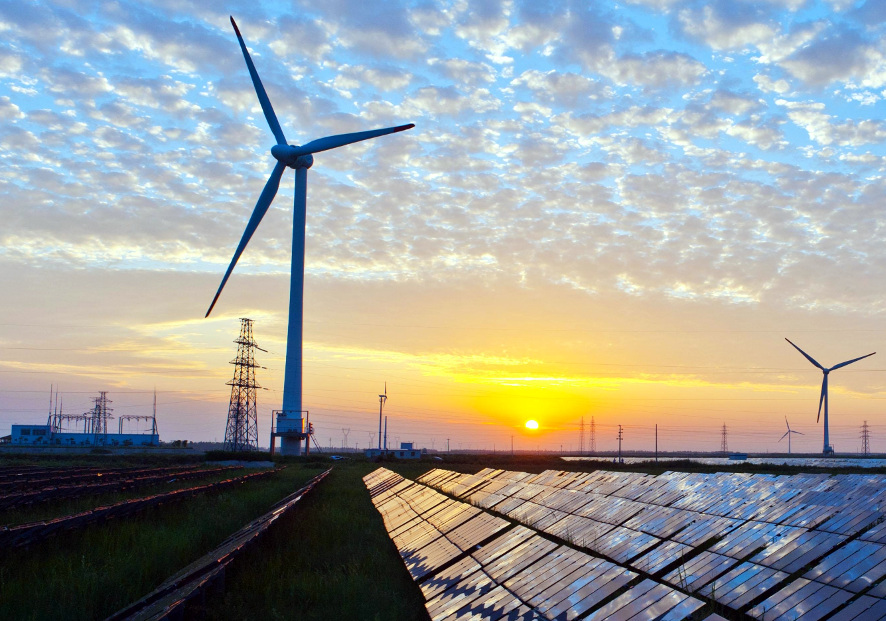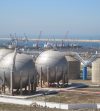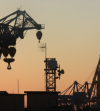En ce moment


Africa: Egypt is the second largest fertilizer exporter after Morocco with $3.4 billion in revenue

The Dalkia EDF french Group signs a purchase agreement for the acquisition of US Chiller Services in the Middle East and the United States

Argelia confirma a España que seguirá suministrándole gas a través del gasoducto Medgaz y completará la oferta con GNL

Egypt: British producer SDX Energy discovers high-quality gas reservoir in well IY-2

Saudi Arabia and United Arab Emirates reach compromise on OPEC + oil supply deal
Réagissez à cet article